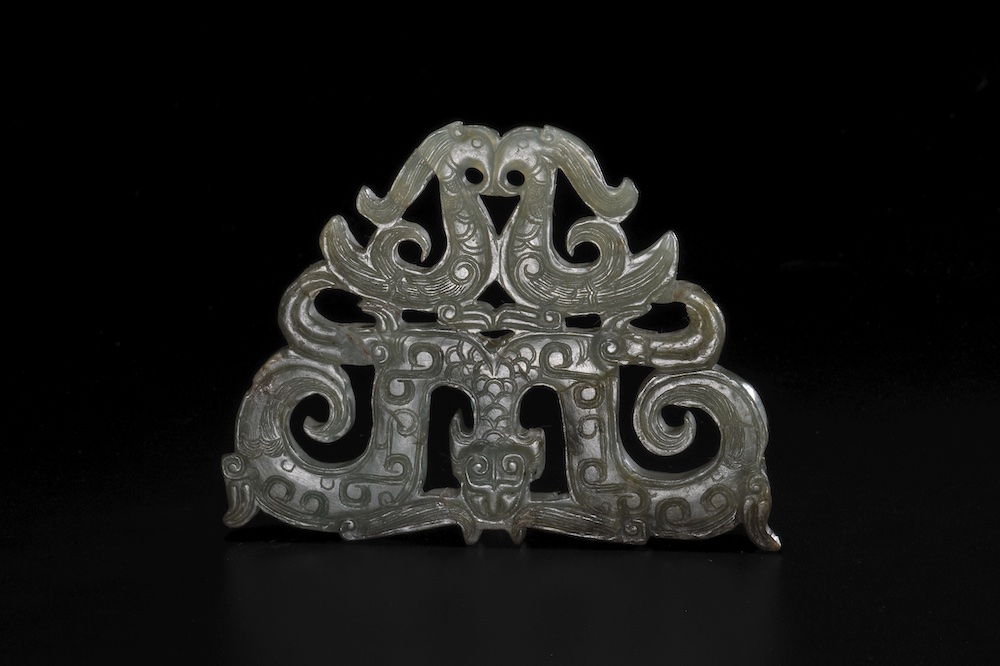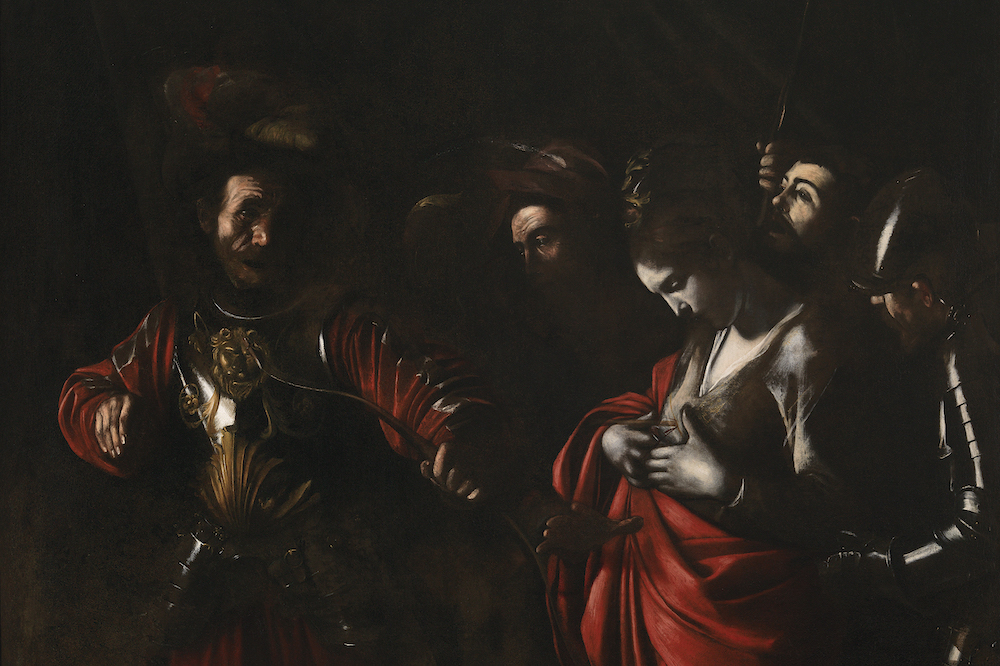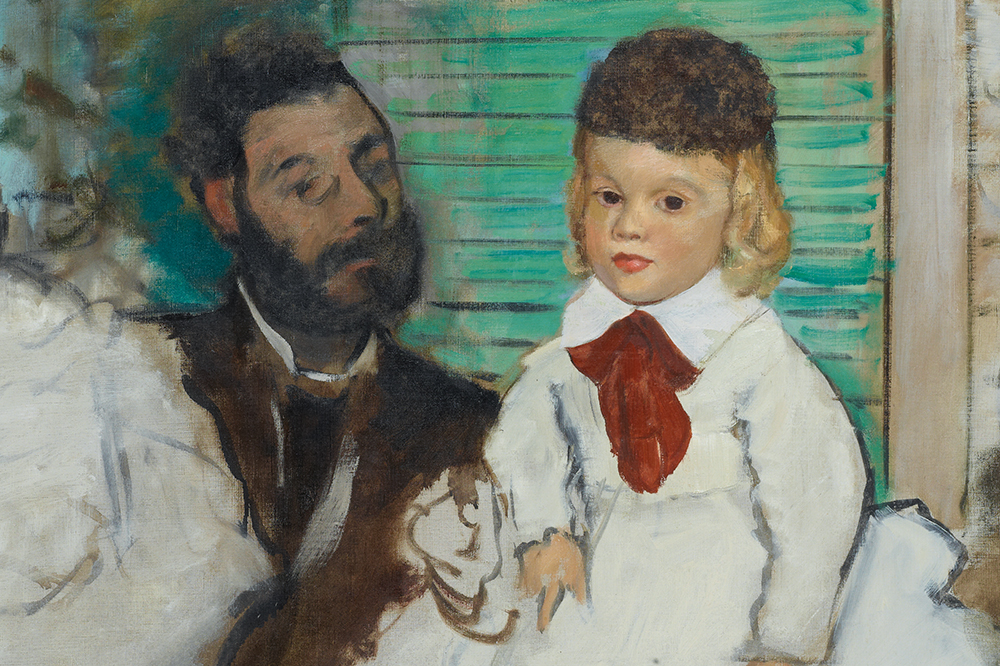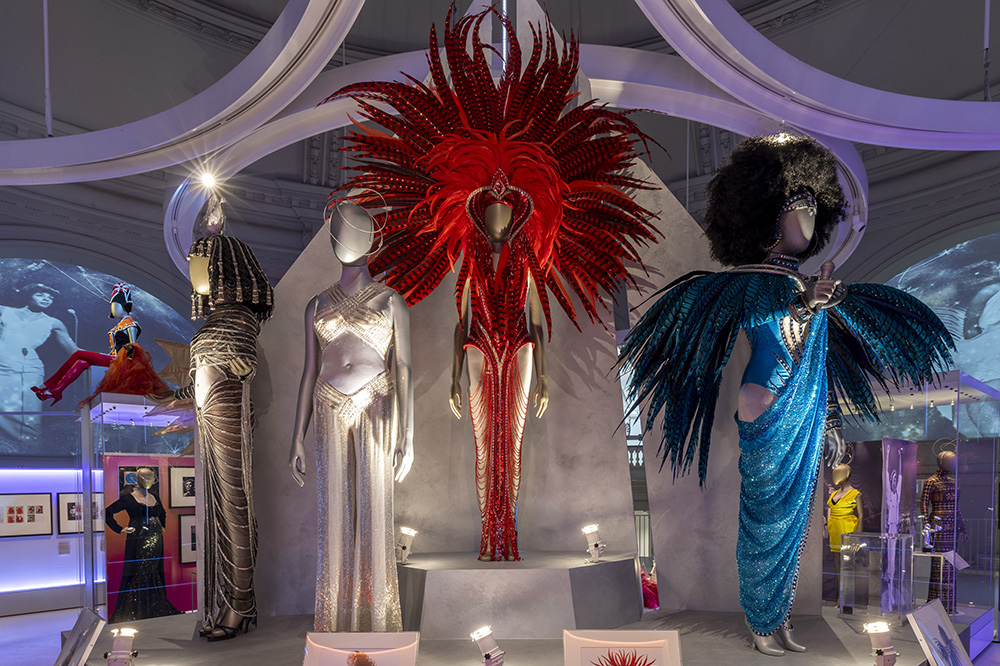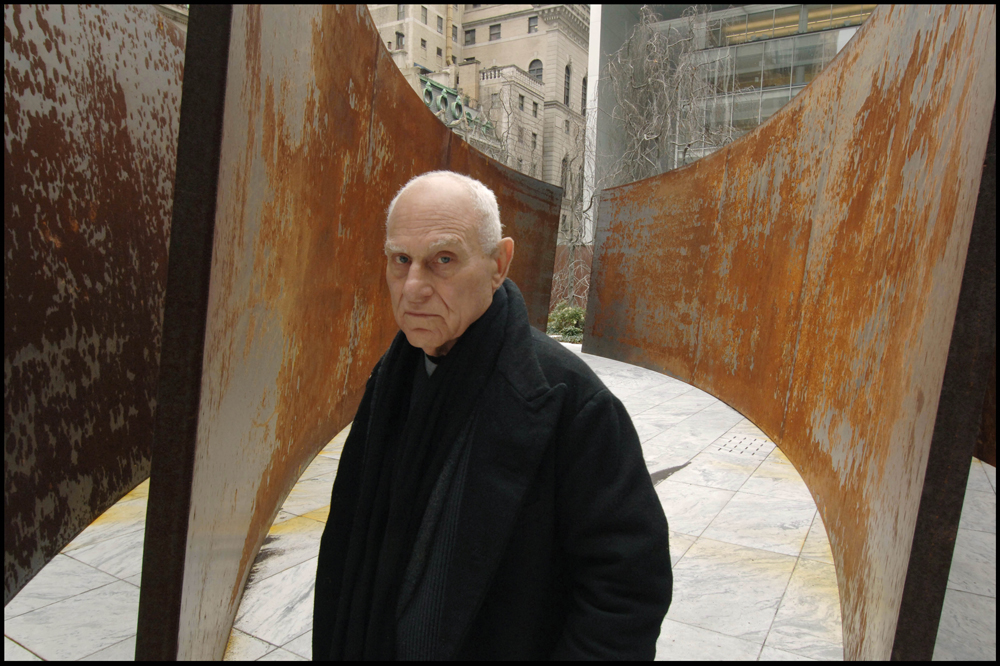A statue of the slave trader Edward Colston, who was born in Bristol in 1636, was pulled down and thrown into Bristol Harbour during a Black Lives Matter protest on Sunday. Colston was a member of the Royal African Company, which had a monopoly on the slave trade at the time and was responsible for selling up to 100,000 people from West Africa in the Caribbean and Americas between 1672 and 1689. The bronze statue was erected in 1895, on Colston Avenue in the centre of Bristol, by the city’s Society of Merchant Venturers. A petition calling for its removal has been circulating since 2017; by Sunday it had attracted more than 10,000 signatures. In 2018 a decision was taken to change the statue’s plaque to acknowledge Colston’s involvement in the slave trade, but a final agreement on wording was not reached. The mayor of Bristol, Marvin Rees, has said that after the statue is eventually fished out of the harbour, it is ‘highly likely’ that it will end up in a museum.
This year’s edition of Art Basel in Switzerland has been cancelled, a revision of an earlier decision to postpone the fair – usually held in June – until September. Galleries are instead invited to take part in the second edition of Art Basel’s Online Viewing Rooms, launched earlier this year following the cancellation of Art Basel Hong Kong. ‘Unfortunately, too many certainties remain to go ahead with the fair,’ wrote the fair’s organisers in a statement issued on Saturday. ‘These include the health risks posed by large gatherings, the limitations on intercontinental travel, and the unclear Swiss regulatory environment for shows of Art Basel’s size.’
A statue of Leopold II in Antwerp has been removed by authorities after being targeted by anti-racism protesters last week. A number of statues of the former ruler, whose personal administration of the Congo Free State led to the deaths of millions of its inhabitants, have been the focus of protests in cities throughout Belgium. The statue in Antwerp, which was set on fire and splashed with red paint, is now at the Middelheim Museum where it is expected to undergo restoration, although there are no plans for it to be returned to its public pedestal in the district of Ekeren. A petition launched on 1 June calling for all statues of Leopold II in Brussels to be dismantled has received more than 60,000 signatures.
The San Francisco Museum of Modern Art, which in April laid off 135 of its on-call workers, has now made a further 55 redundancies across various departments (there were around 500 members of staff before the first wave of job cuts). Artnet reports that SFMOMA is projecting a deficit of $18 million for the financial year of 2021, on top of a projected $7 million deficit for 2020. An anonymous group of museum employees has written an open letter to the leadership asking it to reconsider its decision.
Also in the UK, on Tuesday the mayor of London announced a new commission to review the capital’s landmarks. The Commission for Diversity in the Public Realm will be made up of arts, community and council leaders across London, as well as historians. Later that day, the Canal and River Trust removed a statue of the slave trader Robert Milligan from its plinth outside the Museum of London Docklands. Also on Tuesday, hundreds of protestors gathered outside Oriel College, Oxford, demanding the removal of Cecil Rhodes from the college facade that looks on to the High Street. Twenty-six members of Oxford City Council signed a letter in support; the Daily Telegraph quoted the vice-chancellor of Oxford, Louise Richardson, as saying that tearing down the statue would amount to ‘a refusal to acknowledge our past’ and that Nelson Mandela would not have approved.
The US Court of Appeals has ruled that Sotheby’s cannot sue the Greek government. In May 2018 the auction house had to withdraw an equestrian sculpture from the 8th century BC after the Greek ministry of culture questioned its provenance. Sotheby’s and the heirs of the collection from which the statue was being sold had demanded that Greece provide evidence of the work having being traded illicitly. The Court ruled that the Foreign Sovereign Immunities Act does not apply to a country acting to protect its cultural heritage. The Art Newspaper reports Sotheby’s insistence that there is nothing to support Greece’s claim to ownership.
Unlimited access from just $16 every 3 months
Subscribe to get unlimited and exclusive access to the top art stories, interviews and exhibition reviews.

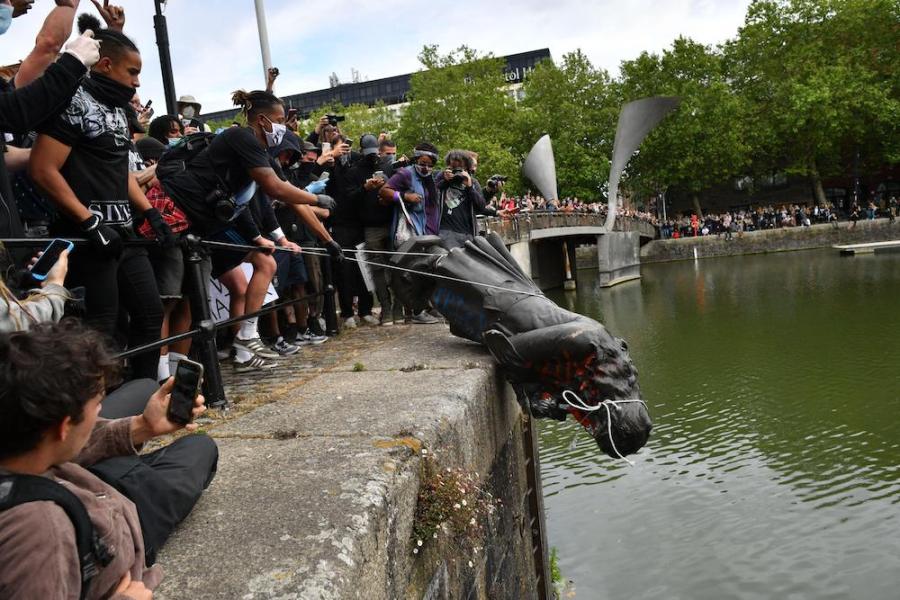
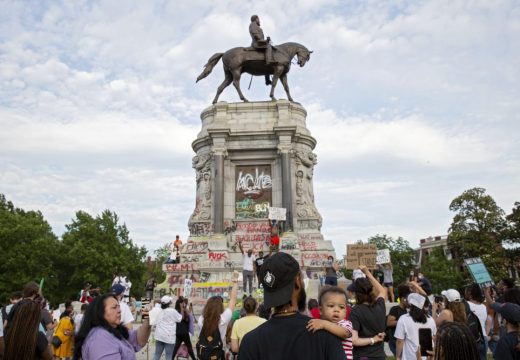
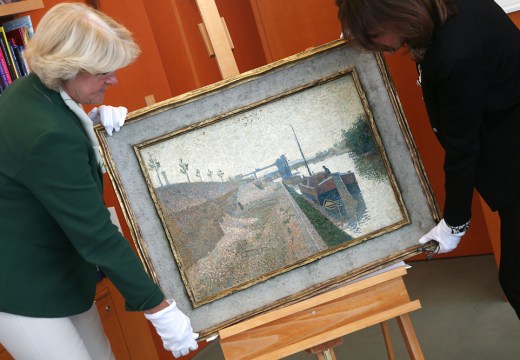

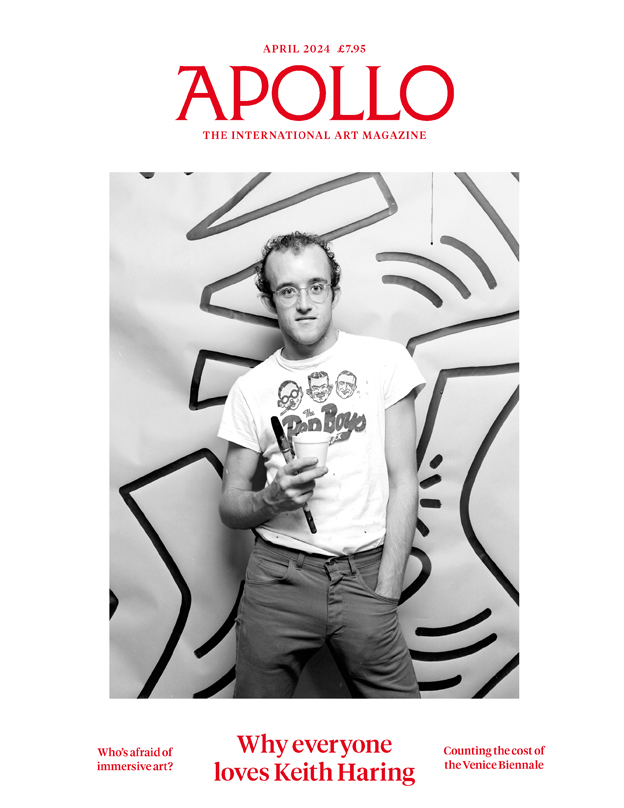



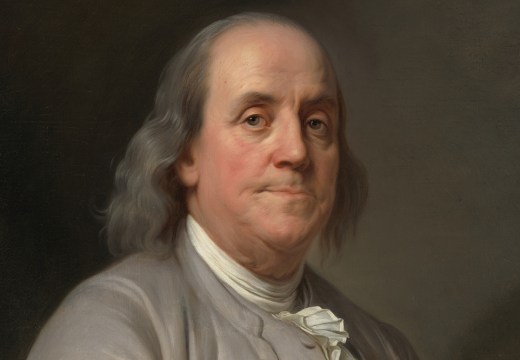
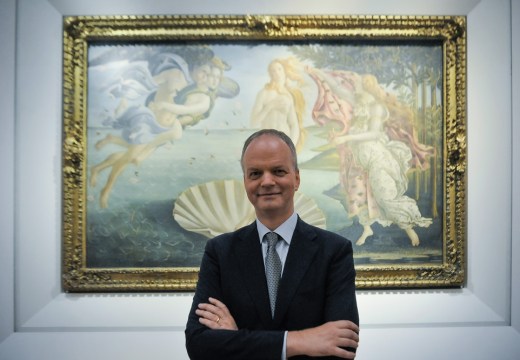
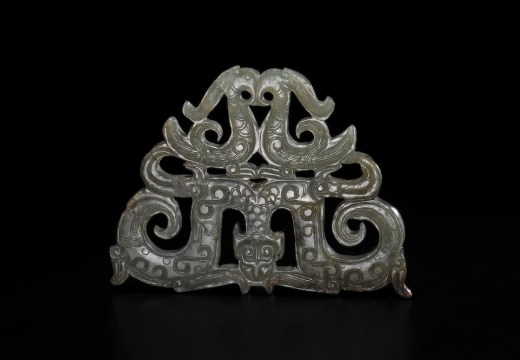

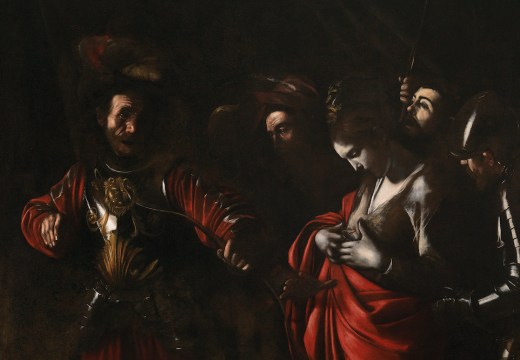
![Masterpiece [Re]discovery 2022. Photo: Ben Fisher Photography, courtesy of Masterpiece London](http://www.apollo-magazine.com/wp-content/uploads/2022/07/MPL2022_4263.jpg)
